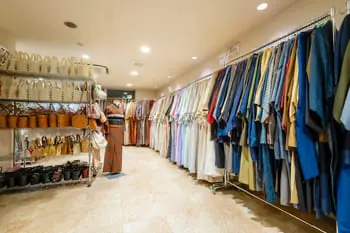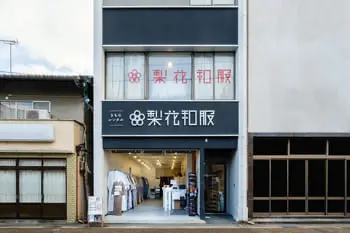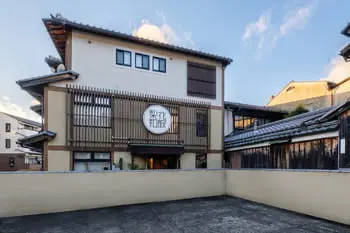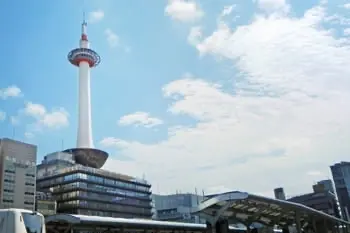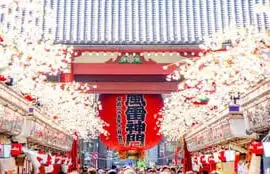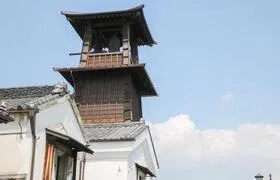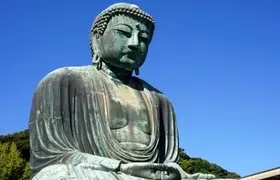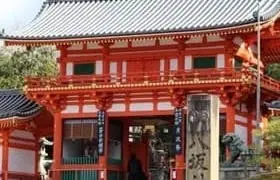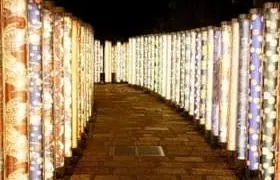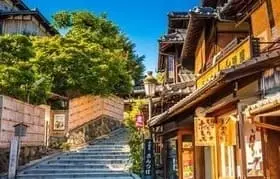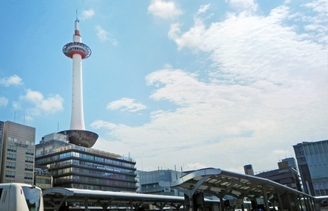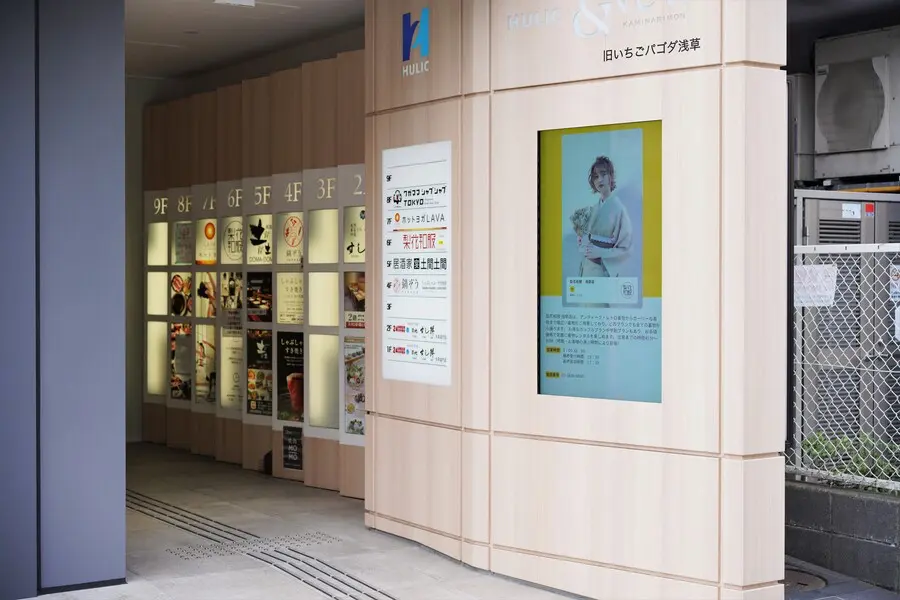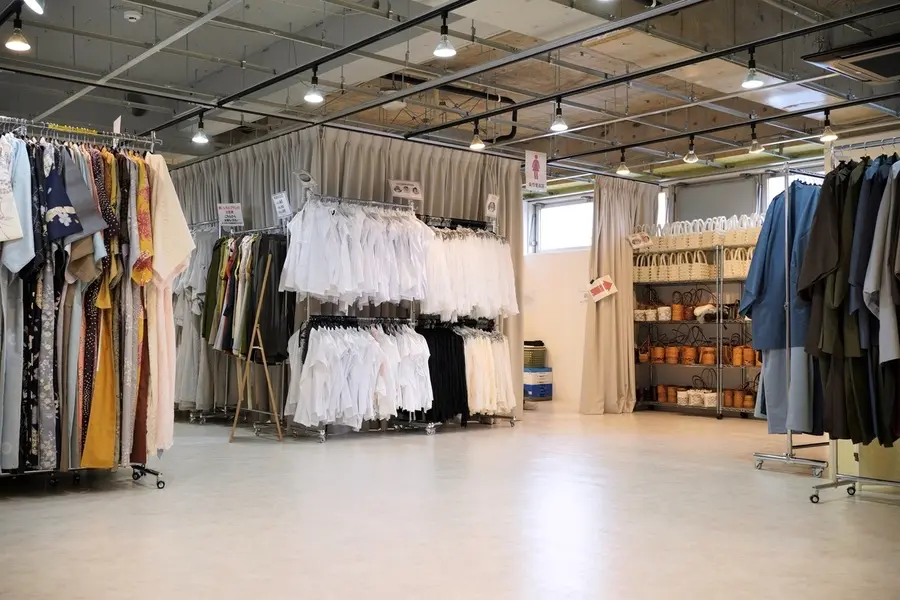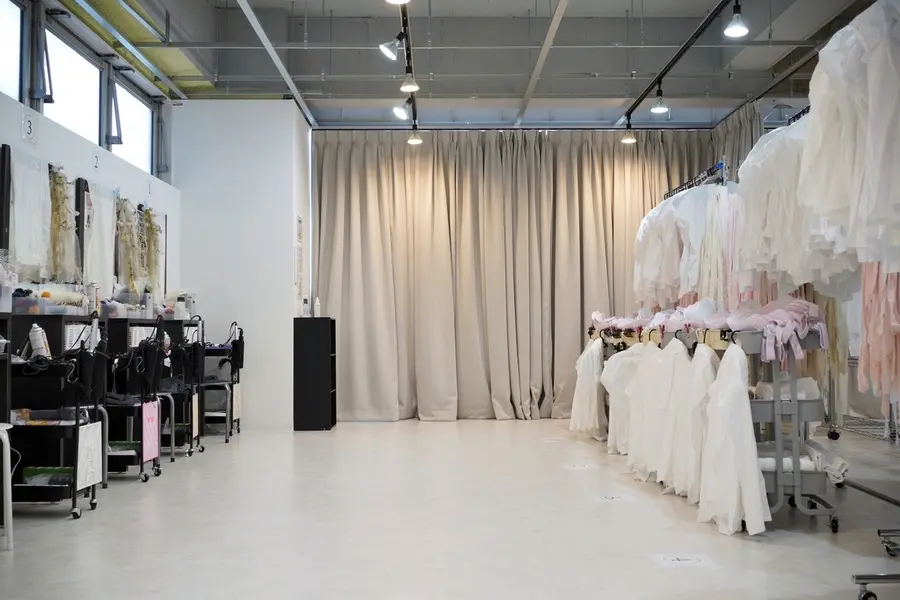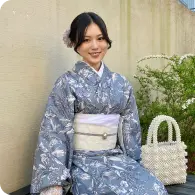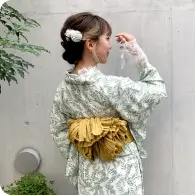Stroll Asakusa in a Cute Kimono: Easy Obi Tips & Photo Spots
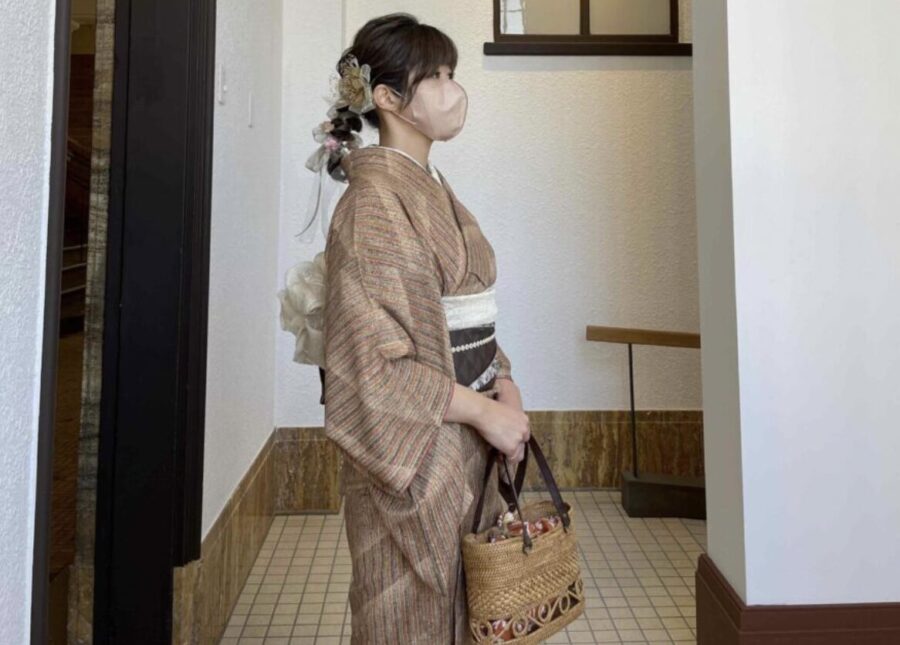
Asakusa is Perfect for Strolling in Kimono Attire!
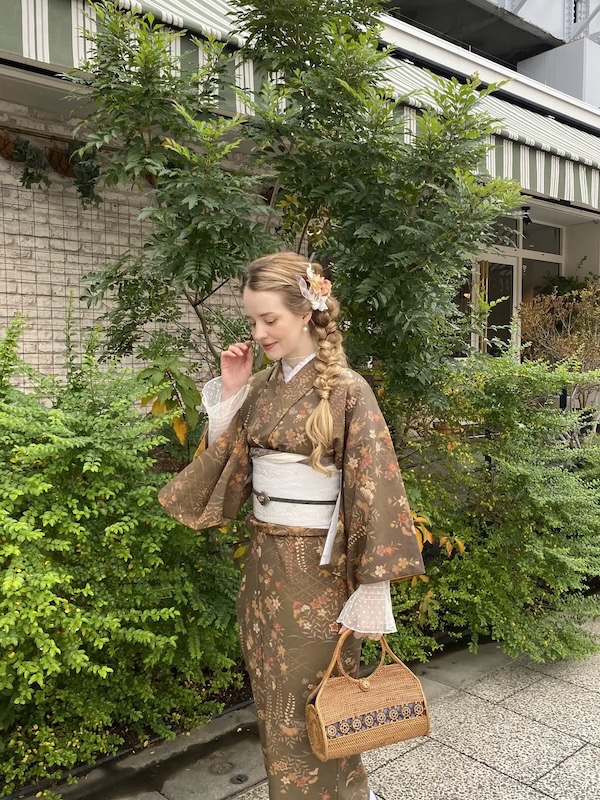
Asakusa is not only famous for its iconic Kaminarimon gate and Senso-ji Temple but also offers many enjoyable places for walking in kimono, such as shopping streets and Skytree.
Most of these places are within walking distance of each other, making it ideal for a leisurely stroll, even if you’re not used to walking in kimono. Plus, there are plenty of picturesque spots, making it perfect for capturing your kimono moments in photos.
When you’re walking in kimono, don’t be surprised if foreign tourists ask, “Can we take a photo together?” Kimono attire stands out, even in crowded tourist areas.
Another feature of Asakusa is its abundance of dining establishments. Due to its historical status as a bustling district, you can find a wide range of eateries, from traditional “Edo-style” sushi and unagi (eel) to soba noodles, monjayaki, and local diners—all reflecting the nostalgic atmosphere of the old town.
Moreover, there are numerous sweet shops, offering both Japanese and Western-style sweets. Recently, there are also trendy cafes, so you won’t have trouble finding a place to take a break.
What’s even better is that Asakusa has many welcoming shops where you can comfortably enter while wearing a kimono. Additionally, the streets are filled with takeout food stalls and street vendors, so before you know it, you might find yourself on a gourmet tour of Asakusa!
If you’re concerned about eating and drinking in a kimono, it’s a good idea to choose items that are less likely to spill, such as onigiri (rice balls) or rice-based dishes. Be cautious with dishes containing a lot of sauce or dressing to avoid accidental spills.
But since you’re here, why not enjoy what you want to eat to the fullest? To be prepared for any mishaps, bring a large, thin handkerchief. During meals, tuck one end of the handkerchief into the overlap of your collar and use it as an apron for peace of mind.
Asakusa and its surroundings have a large number of kimono rental shops. Prices and services vary, but one thing to check is accessibility.
Rikawafuku Asakusa Shop is conveniently located just a 3-minute walk from Tokyo Metro Ginza Line “Asakusa Station” and an 8-minute walk from Toei Asakusa Line “Asakusa Station.”
Furthermore, it’s only a 3-minute walk to Senso-ji Temple and a 5-minute walk to Hanayashiki, allowing you to enjoy sightseeing immediately after wearing your kimono.
In case of any issues, having a nearby shop to consult with can be quite important. Even for your first kimono rental, choose a shop that makes you feel at ease.
Four Recommended Kimono Belt Arrangements
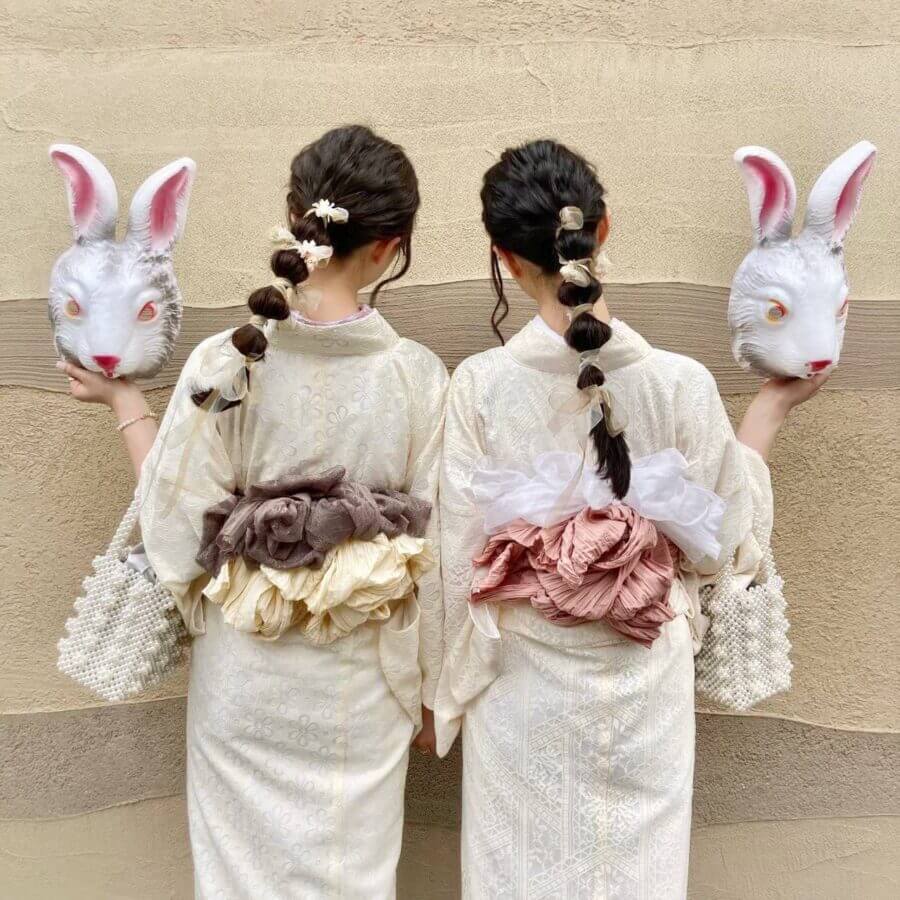
Obi Clasps
An obi clasp is a decorative accessory attached to the obi sash in the middle.
Although it’s a small item, it can significantly change the impression of your kimono ensemble.
You can use obi clasps specifically designed for this purpose, but there’s also a technique where you can arrange your favorite brooch or accessory to mimic an obi clasp.
Using an obi clasp that matches the atmosphere of your outfit can greatly enhance the overall coordination, so don’t hesitate to give it a try.
Decorative Cords
Decorative cords are similar to obi clasps, but in this case, the obi sash itself is adorned as part of the arrangement.
You can tie them yourself for a decorative effect, but there are also ready-made ones with designed patterns, making them more convenient to use.
When used as obi sashes, they create intricate patterns on top of your obi sash, allowing you to significantly change the impression of your obi.
Furthermore, you can add them as decorations on the tied end of your obi sash, adding a touch of elegance to your back view.
These decorative cords can also hide any excess cords or elastic bands used for alternative obi tying methods, making them versatile accessories.
Heko Obi (Elastic Belt)
You might associate this with children’s yukata outfits, but you can create a charming arrangement using a heko obi.
For yukata, using a heko obi as the main belt can result in a refreshing look.
If you’re concerned about it looking too “childish,” consider choosing black or darker-colored heko obi instead of bright pink or yellow. It can still look stylish.
When used with a kimono, especially when combined with other obi belts, it can create a very elegant impression.
If you think the obi alone looks too formal, try incorporating a heko obi into your ensemble. Its soft and textured appearance with a rounded volume is very cute.
Netsuke
Some people may not be familiar with this term, but netsuke is an accessory that hangs from the obi like a strap or charm.
It features various motifs that dangle from a strap-like structure, and you can attach the plate part to your obi to make it sway and decorate your obi sash.
There are many ready-made netsuke items available, but you can also attach a plate to your favorite strap to create your own netsuke.
Lately, more people have been making their own decorations. It’s enjoyable, similar to necklaces or earrings, and serves as a final accent to your ensemble.
Author of this article
Kimono rental Rikawafuku Asakusa store
(Operating company: TripFarm Co., Ltd.)
By 2023, more than 230,000 people will be wearing kimonos in a year
2-16-9 HULIC & New Kaminarimon 6F, Kaminarimon, Taito-ku, Tokyo 111-0034
3 minutes walk from Asakusa Station on the Tokyo Metro Ginza Line
1 minute walk to Kaminarimon
Click here for the website of our sister store, Kano-Wafuku(浅草の着物レンタル 花乃和服).

